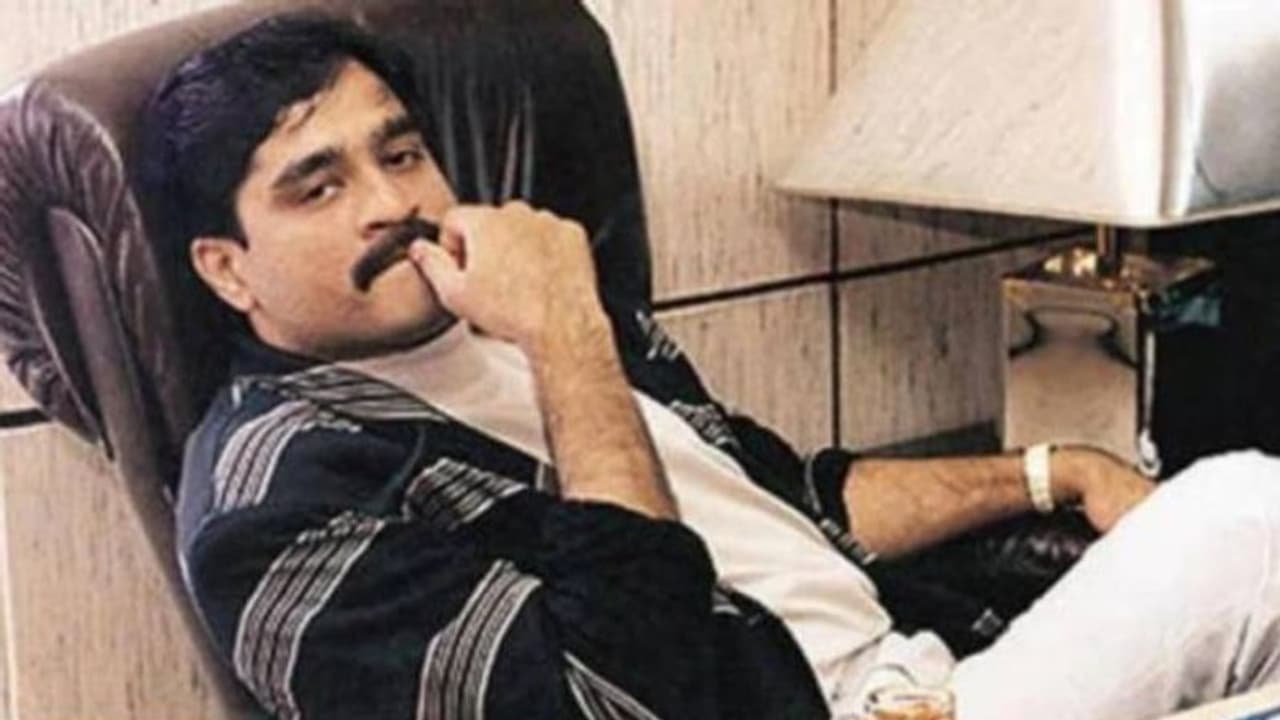UK court cleared the extradition of Dawood Ibrahim’s aide, Jabir Motiwala to the United States. For India, this decision comes as a shot in the arm, as the interrogation of Motiwala, will further expose Pakistan.
In a major decision earlier this week, a court in the United Kingdom cleared the extradition of Dawood Ibrahim’s aide, Jabir Motiwala to the United States.
This is an extremely significant decision considering the proximity Motiwala shares with Dawood Ibrahim. For India, this decision comes as a shot in the arm, as the interrogation of Motiwala, will further expose Pakistan and the protection it is granting to the underworld don and mastermind of the 1993 Mumbai serial blasts.
The case in brief:
The Westminster Magistrate’s court rejected all grounds put forth by Motiwala to challenge his extradition to the United States. He is wanted in the US on charges of money laundering, conspiracy, extortion and for running a drug racket.
He has time to appeal within 14 days, but going by how the case has shaped out, all of them are likely to get rejected. In the extradition request sent out, it is said that Motiwala is an important member of the international criminal organisation called the D Company, based in Pakistan, India and the UAE.
A statement from the US authorities said that the mere mention in the indictment that Motiwala was part of an organisation which had connections to a terror organisation would not in and of itself cause terrorism enhancement to apply.
Pakistan exposed:
India has for several years now been asking Pakistan to hand over Dawood Ibrahim. However, Pakistan has denied his presence in their country, although almost every evidence suggests the nation is lying.
During the hearing, the UK court was told that Motiwala was a close aide of Dawood, a fugitive from Indian justice, who is currently in exile in Pakistan. Dawood is wanted for the coordinated bombings in Mumbai in 1993 that killed more than 200 people. These factors were taken on record while ordering the extradition. This clearly signals that the world acknowledges Dawood’s whereabouts, but Pakistan continues to remain in denial.
When the US authorities question Motiwala, his links to Dawood would be probed. The US is clear that he is linked to the D Syndicate and during the probe, the whereabouts of Dawood will also come out. This would ensure that Pakistan would stand further exposed and over a period of time come under immense pressure from the US to give Dawood up.
When Pakistan failed:
During the hearing, Pakistan did everything it could to thwart the extradition. There was immense pressure from Pakistan on officials of its High Commission in the UK to ensure that the extradition to the United States does not take place.
Indian officials told MyNation that during the hearing, Pakistan had even handed over a letter on behalf of the accused’s lawyer. The letter said that Motiwala was a respected businessman in Pakistan.
Officials say that Pakistan feared that if the extradition took place, Motiwala would reveal his links with Dawood. Further probing will also reveal Dawood’s links with the ISI, which India has exposed on several occasions.
India too has played a vital role in this verdict. Indian agencies have worked closely with their counterparts in the United States. Important and incriminating information regarding the D Syndicate were shared by India. A major chunk of the information was shared by India with the United States. Officials say that information is being shared with the US for long and it was courtesy this that Dawood was declared a global terrorist.
Dawood’s addresses:
While Pakistan continues to deny Dawood’s presence on its soil, it is a well-known fact that the fugitive terrorist has four addresses in the country. He has been shuttled often, each time the heat is up.
However, Pakistan has ensured that Dawood does not go out of the country, fearing a hit by the Indian agencies. A dossier on Dawood indicates that he has four addresses.
They are as follows:
Noorabad, Karachi, a palatial bungalow in a hilly area
House No. 37, 30th Street, Defence Housing Authority, Karachi (Currently residing)
House No. 29, Margalla Road, F 6/2 Street No. 22, Karachi, Pakistan
White House, Near Saudi Mosque, Clifton, Karachi
